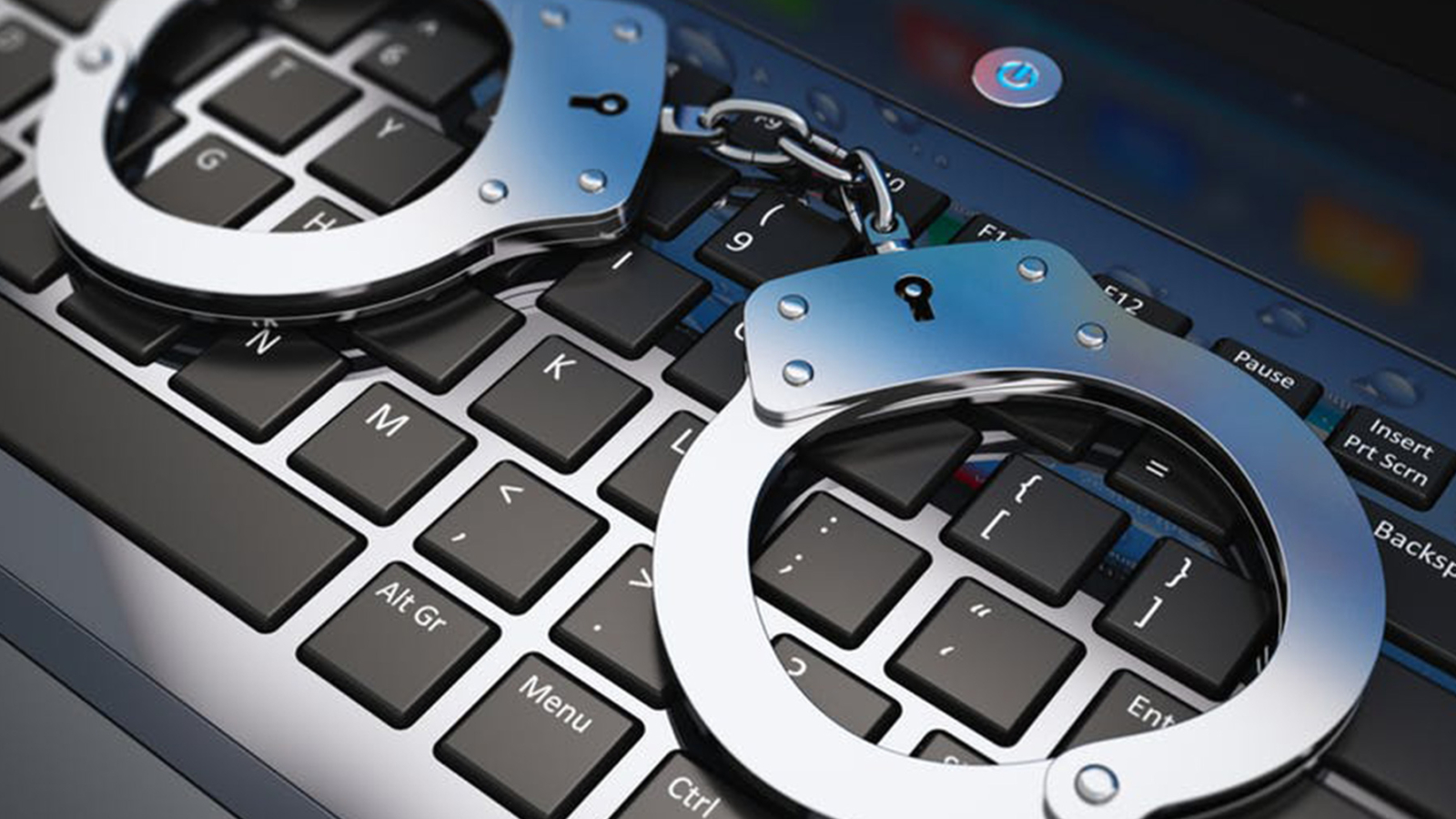Cyber Fraud and the Role of the Forensic Auditor
Cyber fraud, the use of deception through digital platforms to steal money or data, has become a significant threat to businesses worldwide (Elliott & Wright, 2020). As financial transactions increasingly move online, cybercriminals are devising ever-more sophisticated methods to exploit vulnerabilities and embezzle funds (Verizon, 2023). In this environment, forensic auditors play a crucial role in detecting, investigating, and preventing cyber fraud. This article explores the evolving nature of cyber fraud, its impact on organizations, and the strategies forensic auditors can employ to combat this growing menace.
The Changing Landscape of Cyber Fraud
Cyber fraud encompasses a wide range of criminal activities perpetrated online. Phishing emails, where attackers impersonate legitimate entities to trick victims into revealing personal information, remain a prevalent tactic (Abdulraheem et al., 2022). Business Email Compromise (BEC) scams, a more targeted form of phishing, involve compromising legitimate email accounts to send fraudulent invoices or manipulate wire transfers (Otteson, 2022). Cybercriminals are also increasingly leveraging malware, malicious software designed to steal data or disrupt operations (Verizon, 2023). Ransomware attacks, where malware encrypts data and demands a ransom for decryption, have become a major concern, causing significant financial losses and operational disruptions (Mehrban & Geransayeh, 2024).
The rise of cryptocurrencies has introduced new avenues for cyber fraud. Cryptojacking utilizes victims' computing power to mine cryptocurrency without their knowledge (Nayak & Yassine, 2020). Furthermore, the anonymity associated with some cryptocurrencies can facilitate money laundering activities (Pham & Lee, 2020).
The evolution of technology continues to create new opportunities for cyber fraudsters. As artificial intelligence (AI) becomes more commonplace, concerns around deepfakes, realistic AI-generated videos or audio recordings used for deceptive purposes, are emerging (Maggio et al., 2020). The Internet of Things (IoT), a network of interconnected devices, also presents vulnerabilities that cybercriminals can exploit to disrupt operations or steal data (Makwana et al., 2020).
The Impact of Cyber Fraud on Organizations
Cyber fraud can have a devastating impact on organizations. Financial losses are a major consequence, with businesses incurring significant costs to recover stolen funds, repair damaged systems, and implement additional security measures (Abdulraheem et al., 2022). Data breaches can also lead to reputational damage and erode customer trust (Otteson, 2022). Disruptions to operations caused by cyberattacks can result in lost productivity and revenue (Verizon, 2023). Furthermore, cyber fraud can lead to legal and regulatory repercussions, as organizations may be held liable for failing to adequately protect sensitive data.
The impact of cyber fraud extends beyond financial losses. Cyberattacks can have a significant human cost, causing stress and anxiety among employees who have been compromised. The emotional toll can further impact productivity and morale within an organization.
The Role of the Forensic Auditor in Combating Cyber Fraud
Forensic auditors possess a unique skillset that makes them well-equipped to combat cyber fraud. They have a strong understanding of accounting principles, internal controls, and risk management frameworks. Forensic auditors are adept at identifying and analyzing financial transactions, which allows them to detect anomalies that may indicate fraudulent activity (Elliott & Wright, 2020).
In the event of a suspected cyber fraud, forensic auditors play a critical role in the investigation process. They can gather and analyze digital evidence, including computer logs, emails, and network traffic data. By employing data analytics techniques, forensic auditors can identify patterns and inconsistencies that point to fraudulent activity (Abdulraheem et al., 2022).
Developing a Cyber Forensic Audit Methodology
Forensic auditors can build a comprehensive cyber forensic audit methodology to effectively investigate cyber fraud. This methodology should include the following key steps:
- Planning and Scoping: The initial stage involves defining the scope of the investigation, identifying key stakeholders, and establishing a timeline.
- Data Collection and Preservation: Forensic auditors need to secure and preserve digital evidence in a manner that maintains its chain of custody for legal admissibility.
- Data Analysis and Identification: The collected data is meticulously analyzed to identify suspicious activities and potential red flags. Data analytics tools can be utilized to uncover patterns and anomalies.
- Investigation and Reporting: Based on the analysis, forensic auditors conduct interviews with relevant personnel and prepare a comprehensive report outlining their findings and recommendations.
- Remediation and Prevention: The investigation should provide insights for improving internal controls and implementing additional security measures to prevent future cyberattacks.
Collaboration with Cybersecurity Experts
Effective cyber forensic audits often involve collaboration with cybersecurity experts. These professionals possess specialized knowledge of digital forensics and cyber threats. By working together, forensic auditors and cybersecurity experts can leverage their complementary skillsets for a more thorough investigation. Forensic auditors can offer their expertise in financial analysis and internal controls, while cybersecurity experts can provide insights on digital forensics techniques and potential vulnerabilities in the organization's IT infrastructure. This collaboration can lead to a more efficient and effective investigation, ultimately strengthening the organization's defenses against cyber fraud.
Beyond Detection: Proactive Measures for Forensic Auditors
The role of the forensic auditor in combating cyber fraud extends beyond reactive investigation. Proactive measures can significantly enhance an organization's cyber resilience. Here are some key strategies that forensic auditors can employ:
- Risk Assessment and Vulnerability Identification: Forensic auditors can conduct regular risk assessments to identify potential vulnerabilities in the organization's systems and processes. This proactive approach allows for the implementation of preventative measures before a cyberattack occurs (Elliott & Wright, 2020).
- Data Security Awareness Training: Educating employees on best practices for data security and cyber hygiene is crucial. Forensic auditors can work with IT departments to develop and deliver training programs that raise awareness of cyber threats like phishing scams and social engineering tactics.
- Data Governance and Monitoring: Implementing robust data governance policies and procedures help ensure the integrity and confidentiality of sensitive information. Forensic auditors can collaborate with data management teams to establish protocols for data access control, data encryption, and regular data backups.
- Continuous Monitoring and Incident Response Planning: Organizations need to continuously monitor their systems for suspicious activity. Forensic auditors can assist in developing a comprehensive incident response plan that outlines the steps to be taken in the event of a cyberattack. A well-defined plan ensures a swift and coordinated response to minimize damage and facilitate recovery.
In conclusion, Cyber fraud continues to evolve at an alarming pace, posing a significant threat to organizations across all industries. Forensic auditors play a vital role in combating this menace. Their expertise in financial analysis, investigative techniques, and risk management makes them well-positioned to identify, investigate, and prevent cyber fraud. By employing a comprehensive cyber forensic audit methodology, collaborating with cybersecurity professionals, and implementing proactive measures, forensic auditors can significantly contribute to building a strong defense against cyber threats. Ultimately, a proactive and collaborative approach is essential for organizations to navigate the ever-evolving landscape of cyber fraud.
References:
Abdulraheem, R., Odeh, A., Al-Fayoumi, M. A., & Keshta, I. (2022, January 26). Efficient Email phishing detection using Machine learning. Retrieved March 27, 2024 from https://www.researchgate.net/publication/359021995_Efficient_Email_phishing_detection_using_Machine_learning
Elliott, R. K., & Wright, B. E. (2020). Forensic accounting and fraud investigation for dummies. John Wiley & Sons
Mehrban, A., & Geransayeh, S. K. (2024, February 29). RANSOMWARE THREAT MITIGATION THROUGH NETWORK TRAFFIC ANALYSIS AND MACHINE LEARNING TECHNIQUES. Retrieved March 27, 2024 from https://www.researchgate.net/publication/378590314_RANSOMWARE_THREAT_MITIGATION_THROUGH_NETWORK_TRAFFIC_ANALYSIS_AND_MACHINE_LEARNING_TECHNIQUES
Otteson, R. (2022, November 30). The Evolution of Business Email Compromise. Dark Reading. Retrieved March 27, 2024 from https://www.darkreading.com/endpoint-security/the-evolution-of-business-email-compromise
Pham, P, Lee, S. (2020). Anomaly Detection in the Bitcoin System - A Network Perspective. Retrieved March 27, 2024 from http://snap.stanford.edu/class/cs224w-2014/projects2014/cs224w-20-final.pdf
Verizon. (2023). 2023 Data Breach Investigations Report. Retrieved March 27, 2024 from https://www.androidpolice.com/verizon-data-breach-2023/
Author:
Dr. Muhammad Ali
FICFA (USA), FIPA (AUS), FFA (UK), CCFA (PAK), FFA (PAK), FCIAP (PAK), MBA (PAK), Ed.D (NIG)

